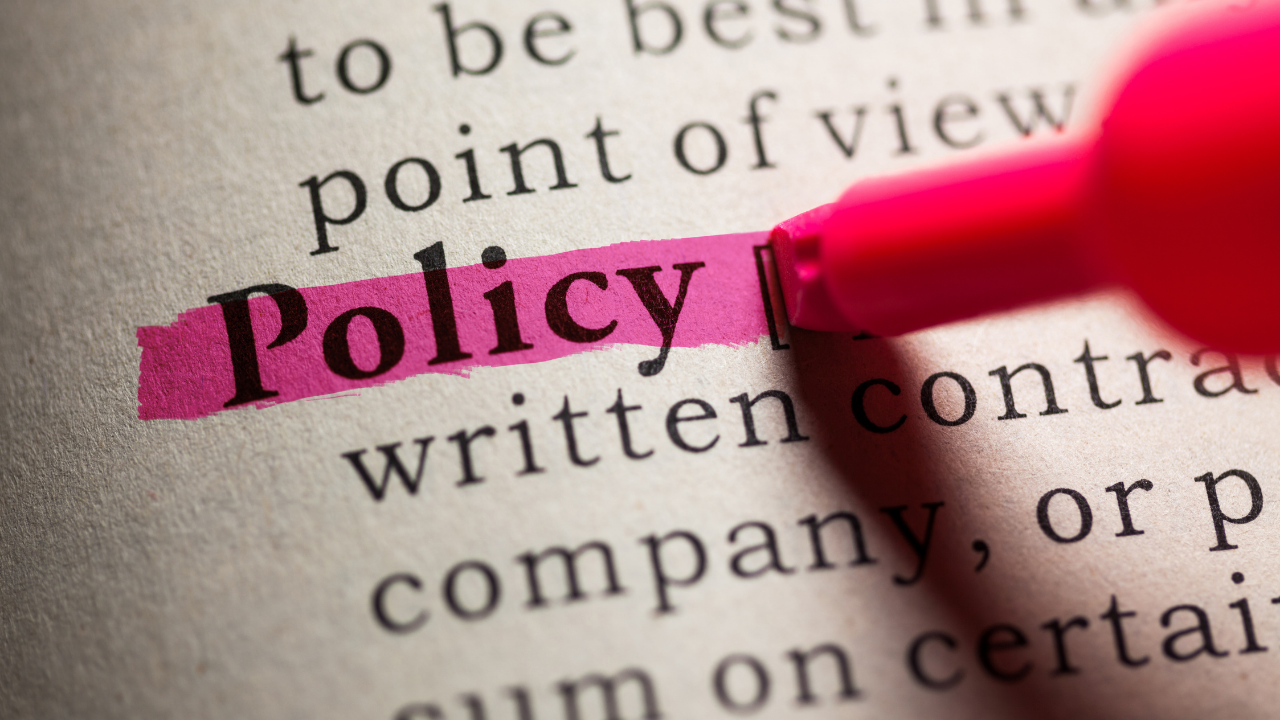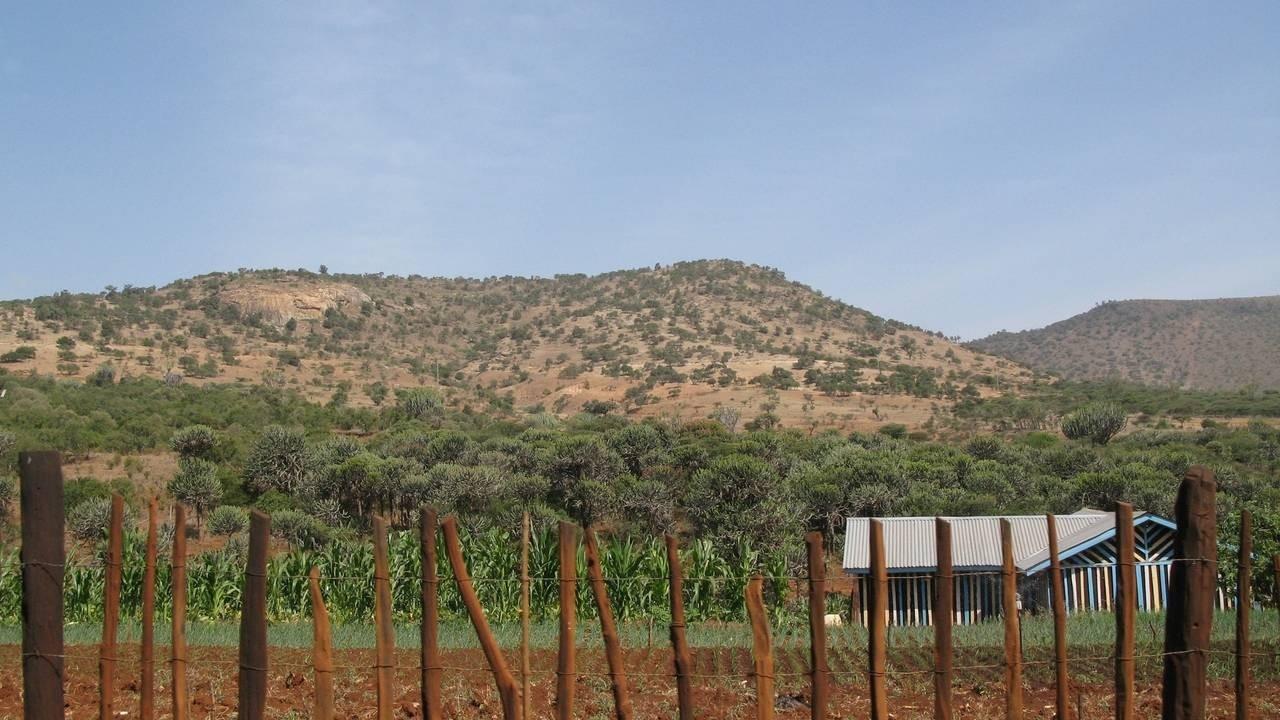Welcome to the ENVIROlocity™ Blog.
Build career momentum to go further, faster with these articles empowering you to make great job search and career moves. For more insights follow us on Substack.
Co-authored by Neha Bhalla
Your technical skills are on point; you can collect field data using mobile equipment, use GIS to map out sampling locations, and communicate the need for sustainable practices. Between labs, internships, and classes, you...
Co-authored by Neha Bhalla
Looking to enter the environmental field, but don’t have an environmental degree? Or maybe you don’t have a degree at all. Even though your path into sustainability might look different, you can still do your part to save...
Co-authored by Neha Bhalla
Not sure which environmental field is right for you? Have you considered environmental consulting? We’ve researched everything you need to know! Read on to see if it’s right for you.
What is environmental consulting?
Alt...
Whether you are a student thinking about entering the environmental field or a career changer hoping to land their dream job, salary is an important factor when you commence your job search.
When I went back to school for biology after having a ...
Anyone who works with me knows I’m always talking about how to stand out in a crowd, especially on social media. I recently had an experience that increased my followers on Instagram by 10% in just a week. Considering my goal was first and foremost t...
If you’re an ambitious, career-focused college student, you probably have had internships on your mind lately. You might have even spent spring break frantically submitting your resume to company after company on LinkedIn.
At this point, internship...
Co-authored by Neha Bhalla
Looking to apply for environmental jobs in the federal sector?
As the environmental job outlook grows, it’s important to remember that a significant number of those jobs are in government. If you’re coming from the priva...
Co-authored by Neha Bhalla
Take a deep breath - you’ve made it through 2020. I hope you had a relaxing holiday season, no matter how you celebrated it, and here’s hoping for a lockdown-free, mask-off 2021!
As the new year starts, here is what you n...
As with most questions about job searching the answer to the question, should I work with a recruiter, is not a simple straight-forward answer.
Plenty has been said already about what recruiters do, who they are, and the pros and cons of working wi...
Here’s the truth:
Most people don’t know how to network.
They either don’t do it at all — or do it with no real plan or strategy.
You already know job networking is important.
It’s ESSENTIAL to not just getting a job — but also building your c...
One of the biggest hurdles for people looking to break into an environmental career is skills gap. It doesn't matter if you are a recent grad or looking to change careers, skill gaps are a plague nearly everyone looking for a job faces. It's importan...
You’re excited — but also nervous.
You got the interview, now it’s time to get ready.
13 quick tips to help you prepare for your upcoming job interview.
Before the Interview Tips:
1. Research the company
Awaken your inner stalker. Do some resea...














